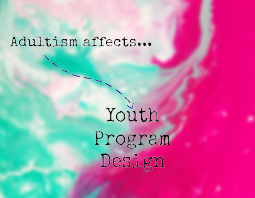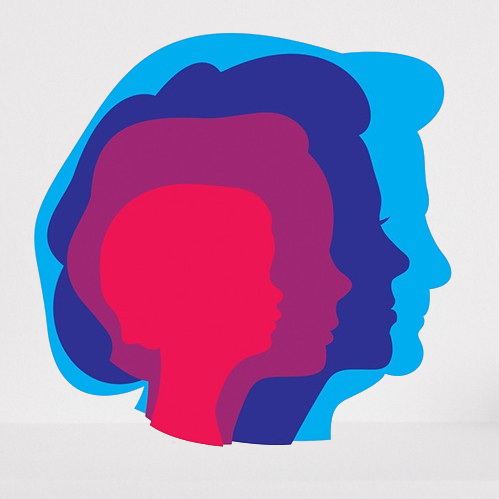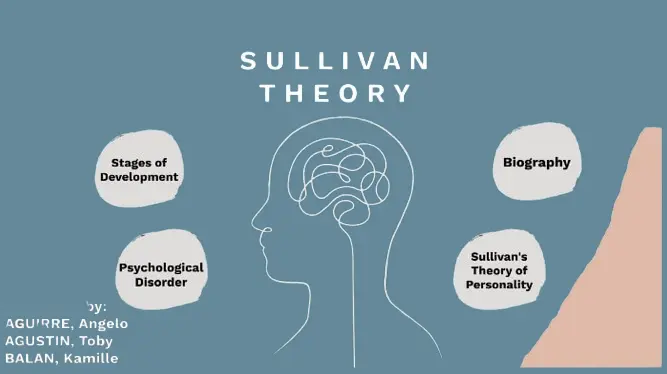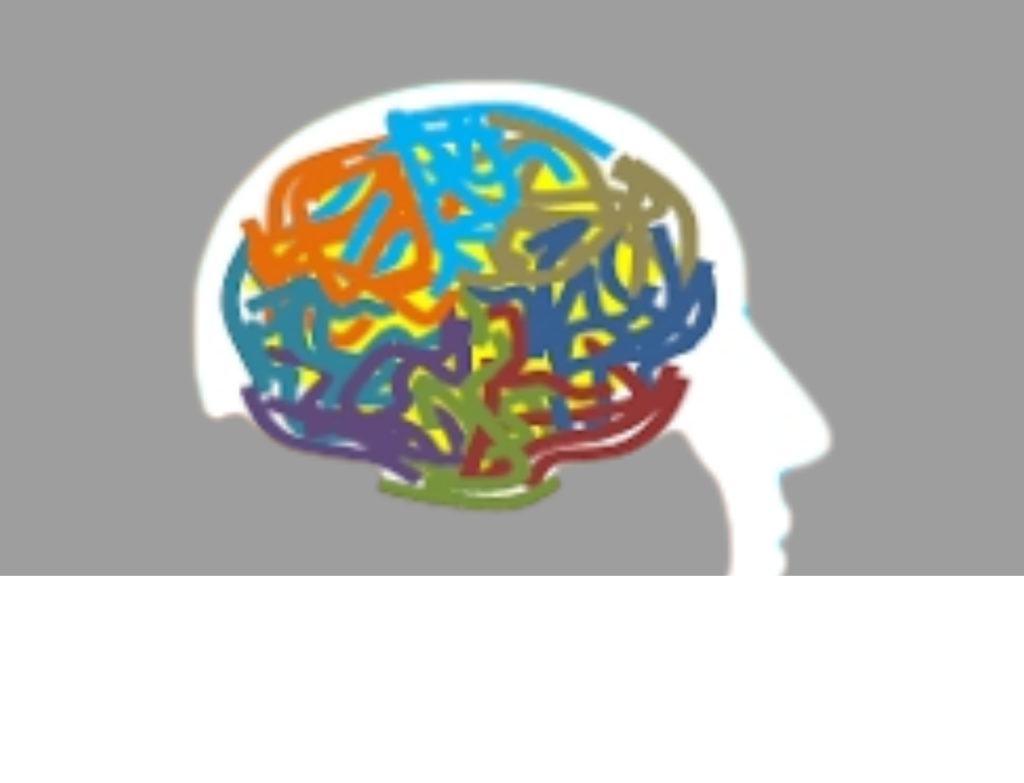Adultism mention to the prejudice and bias opposed youth regularly by adults who grip power over them. It is like the form of bias like the form of bias such as racism or sexism but object is young individual. It’s important to encourage equality and respect between all ages of children. Deeply ingrained belief about the superiority of adults over young people.
Adultism refers to respect, dignity, worth, value, equality, opportunities, rights, abilities, freedom, trust, independence, intelligence, authority, rules, skills, talent on the basis of age discrimination.
The egoic behavior and attitudes based upon the biases that adults are better than the young one. Disregarding young people automy and self determination. The overestimate the power of the adults instead of young people. The discrimination vary such as not taking seriously the opinion of young one, strict rules or regulations on their rights and freedoms, perceive that they are incompetent, immature and not able to do any task and fulfilled the target or goals. Devaluing someone due to age or experience discrimination.
How we Recognizing adultism ?
First coined in the late 1800s, the term describes the pattern that adults treat children and youth, is obvious through language, culture, architecture, education, healthcare, families, and more. Adultism includes attitudes, beliefs, and discrimination in favor of adults throughout our society.

The current use of the term adultism was first defined in 1978 by psychologist Jack Flasher (Flasher, 1978). In was later taken up and established by a meaningful concept given by the academics, researchers and advocates within the children’s right movement and the sociology of childhood.
Youth oppression are deeply in rooted in the society. They assume that the adults are authoritative, able, respectful, intelligent than young. This mindset direct to injustice and imbalance between your Insulting the young people as they are more able or talented than adults.
The adults opposed decision on the young without their consent or opinions. Not giving equal opportunity to do something on their own behalf. Ignoring their consent, abilities and presence. This mindset lead to Ageism.
To recognize adultism, it’s important to be attuned to the ways in which adults exercise power and control over young people, and to examine our own biases and assumptions about the capabilities and worth of individuals based on their age. By developing a critical lens and actively seeking out the voices and experiences of young people, we can begin to identify and challenge adultism attitudes .
What are the Outcomes of adultism?
Elder supremacy development the lack of confidence, self esteem, feelings of being dismissed, lack of trust, lack of authority, independence, lack of representation in front of media and group of peoples, differently advancing, tension, communication barriers, rebellion against adults, lack of decision making, unable to reasoning and problem solving, negative believe on their abilities and worth.

Youth can internalize blame or responsibility for those who are in positions to support, protect, provide, and nurture them (our only jobs as caregivers), but may abuse these powers, which can lead to a lack of self-esteem, self-advocacy, and self-confidence. As a result, youth may lose their voice and may stop holding others accountable for their actions, which may discourage setting healthy boundaries within not only family but friends and other members of the community. Therefore, we may not know what’s truly bothering our youth and how we can support them.
The resistance of youth oppression promote hatred amongst adolescence and young. It refer to the consequences of society or culture that preference adults beyond young people. It will be the result of exclusive disempowerment and injustice of young individuals. By aware we can create more flocks and impartial environment for young to flourish.
Which behavior that develop Ageism?
- The imbalance behavior of parents between their children’s.
- Unequal opportunities amongst students.
- Favoritism in work places and education environment.
- The reinforcement in social cultural and norms .
- The discrimination of power.
- Disregarding the wishes and
- Uncooperative behavior of colleagues at work places.
- Inequality opportunity Of decisions making.
- Imposes rule and regulation on the young people.
- Not giving equal opportunity of leadership.
- Ignoring the talent and skills of the teen-agers.
- Disregarding the students due to age discrimination.
- Fail to provide meaningful opportunities for students voices.
- Devaluing someone due to lack of experience and expertise.
- Rejected someone due to any assumed disability.
- Making jokes of someone just for own enjoyments.

- Insufficient behavior to gave equal platforms.
- Discrimination in methodology, rules and regulations.
- Assuming that adults are inherently superior.
- Biases on the basis of racism, sexism and ableism.
- Prompting that teen-agers are dangerous.
- Beliefs that orders are childlike and requires guidance with their basic tasks than young people.
- Taking advantage of someone age for personal gain.
- Age shaming to deceive or control others.
- Discuss the age at the time of interview that’s are not relevant to the work.
- Imputing policies that unfairly advantage one age group over another.
- Rejecting the people over or under the certain age.
- Bulling or harassment on the biases of age.
- Believe that younger people are unskilled, irresponsible or untalented.
- Treating someone are unintelligible and invaluable.
- Insulting people and making jokes on their age or abilities.
Side effects of Ageism?
- In older Ageism lead to any disability and illnesses.
- It effects the physical and mental wellbeing.
- Ageism also lead to abuse such as emotional, sexual, financial and social.
- It also lead to suicidal thoughts.
- The researcher says that ageism cause memory impairment and cardiovascular diseases.
- Adultism encourage smoking, drinking and unhealthy diet.
- It lead to depression and annoying behavior.
- Promoting gap between young and older generation.
- Adultism attitude can promote harmful separation between younger and older one.
- Causes insecurity, lack of trust, lack of confidence and self esteem.
- It can impede young people physical, emotional and cognitive development by limiting their opportunities and autonomy.
How we stop adultism?
We can resist the adultism by changing the age discrimination in our society, educational environment, workplaces and surroundings.

By discouraging the biases of Ageism. Providing equal opportunity or platforms for leadership and management. Promote the young talent. Respect and attention to each student, employees and children. Giving equal opportunity to do any task or activity.
Never underestimate the talent or skill on the biases of age and group. Giving equal importance. Promote respect for young people abilities, Perspective and contribution. Promote common objective and work between adults and young peoples.
Appreciate meaningful dialogue and collaboration between adults and young people using social media or mass media can foster mutual respect, understanding and cooperation. Providing equal opportunities to participate young people in decision making and policies. Making youth empowerment program. Encourage critical thinking and value the young people input . Implement law and policies to protect the rights of young people. Listen and appreciate youth voices. Support youth lead initiative . Encourage empathy and understanding across the age groups.
Follow the youth and learn something new work smartly and non traditional methods can be successful. Encourage self acceptance , share opportunities and hold equitable spaces. Feel comfortable discussing wide range of topics , provide safe spaces to explore and develop your freely this may encourage foster healthier relationship.



